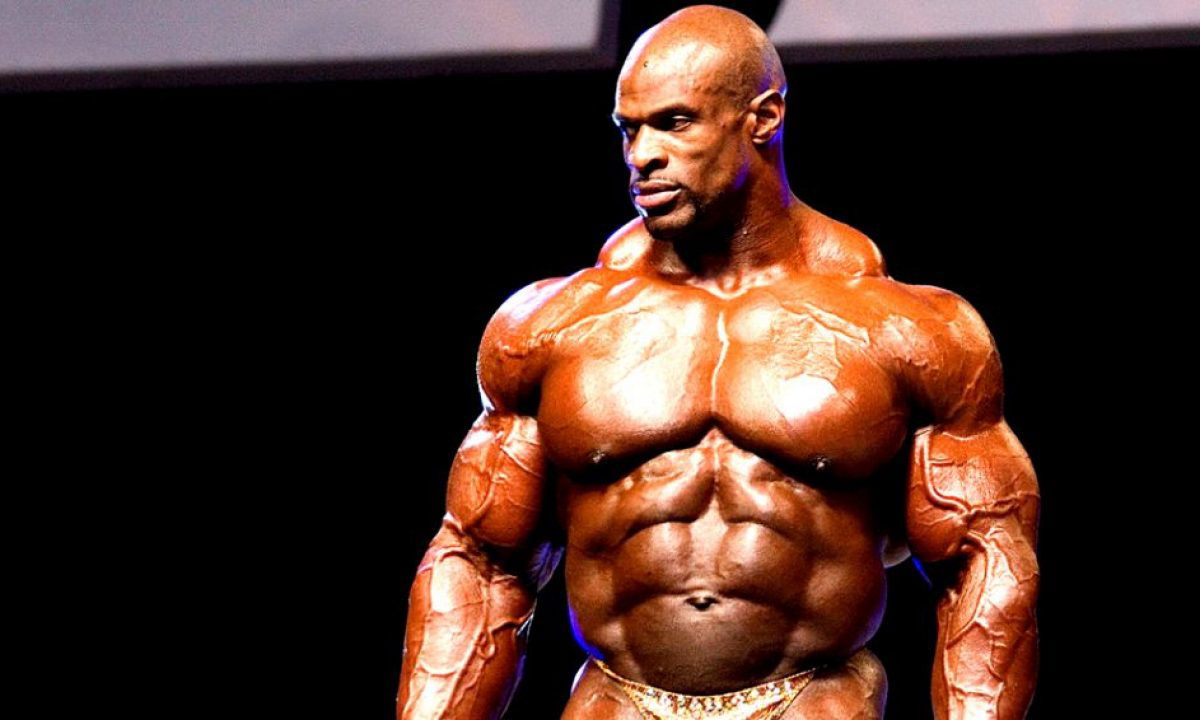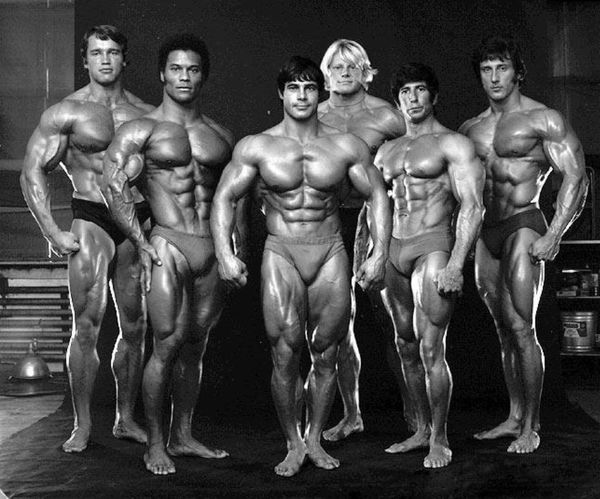

The Mr. Olympia contest was the brainchild of Joe Weider. In 1965, Joe organized the first edition of Mr. Olympia. However, Joe and his brother Ben Weider had created the regulatory body which organized the Mr. Olympia contest in 1946. They named it the International Bodybuilding Federation (IFBB).
Watch What’s Trending Now!
ADVERTISEMENT
As the sport evolved, each competitor strived to build more muscle, get more shredded and become more vascular. Over the years, multiple former Mr. Olympia winners have admitted to using steroids. Thus, people have always had questions regarding steroid use in Mr. Olympia competitions.
ADVERTISEMENT
Does the premier bodybuilding competition allow steroids?
In 2004, the IFBB adopted the World Anti-Doping Code. The World Anti-Doping Agency (WADA) regulates and updates the list of banned substances in sports each year. The IFBB also follows and prohibits the drugs WADA has flagged. The agency updates the list of banned substances on the January 1 of each year.
ADVERTISEMENT

WADA bans a substance based on three points. WADA bans a drug when it conforms to two out of three points. Three criteria are: the drug has the potential to enhance or enhances athletic performance. A drug puts an athlete’s health at risk or has the potential to do so. It violates the spirit of the sport (giving the athlete an unfair advantage over his peers.)
ADVERTISEMENT
READ MORE: When, Where, and How to Watch Mr. Olympia 2022?
Top Stories
Despite Featuring in Over 400 Magazines and $2,500,000 Worth, 54-Y.O Age-Defying Bodybuilder Values Something Else Over Money: “My Biggest Accomplishment”

Top 5 Older Bodybuilders/Fitness Influencers Over 50 Who Are Defying Age and Inspiring Others

Everything You Need to Know About Mr. Olympia’s Sole Owner Jake Wood, Who Also Brought Ms. Olympia Back

Who Is Keiani Mabe? 22-YO Fitness Sensation Currently Going Viral for Her Stunner Physique

Who Is Angie Feliciano? The Woman Jay Cutler Has Been Engaged to for 7 Years

Hence, it’s safe to say the IFBB does not allow its athletes to use steroids for the Mr. Olympia contest. Organizations often strip athletes who get caught doping of any titles they might have won.
ADVERTISEMENT
A list of prohibited substances
Anabolic steroids
Bodybuilders often take these drugs orally or inject them into the muscle. These include testosterone, stanozolol, trenbolone acetate, nandrolone, and many more.
Beta-2-agonists
ADVERTISEMENT
Athletes use these substances to pile on muscle mass and boost strength. Clenbuterol, formoterol, and salbutamol are common examples. Hence, the International Olympic Committee calls these substances “Anabolic agents and stimulants,”
Pat Neve, Joe Weider, Frank Zane and Ben Weider in the 1970's #LEGENDSOFMUSCLE #LOM #bodybuilding #fitness #gym pic.twitter.com/LfRGwy5bwG
— LEGENDSofMUSCLE (@LEGENDSofMUSCLE) November 26, 2015
Growth hormone and insulin-like growth factor
ADVERTISEMENT
Bodybuilders use growth hormone (rhGH) and insulin-like growth factor (rhIGF-I). These substances increase muscle mass while boosting stamina and endurance.
Diuretics
Steroid users take diuretics to cleanse traces of other drugs. However, traces often remain in the system, even after using diuretics. Diuretics dilute the urine, making it harder to detect other drugs in the system. They also help bodybuilders achieve better conditioning.
ADVERTISEMENT
Stimulants
Athletes use stimulants for their performance-enhancing capabilities. These substances include cocaine and amphetamines (ephedrine, pseudoephedrine, caffeine, and related substances)
Erythropoietin
EPO promotes the production of red blood cells in the bone marrow. It also helps boost the cardiovascular capacity of athletes.
Joe and Ben Weider were scrawny kids who became bodybuilders and found-
ed a bodybuilding equipment, competition, and magazine empire.#Facts pic.twitter.com/RvMBP07aVm— Hexan Truth (@HexanTruth) June 28, 2021
Cannabinoids
Cannabis contains tetrahydrocannabinol (THC). While not proven, THC can have potential performance-enhancing effects during training and in competition.
Glucocorticoids
Like GH and IGH, glucocorticoids also boost stamina and endurance. However, they do not affect muscle mass.
Watch this story – “Bible of Bodybuilding”–7x Mr. Olympia Arnold Schwarzenegger Once Explained the Book that Got Him Into Bodybuilding
While the use of PEDs in bodybuilding is no secret, the IFBB follows the stringent guidelines that WADA sets.
ADVERTISEMENT
ADVERTISEMENT
ADVERTISEMENT

